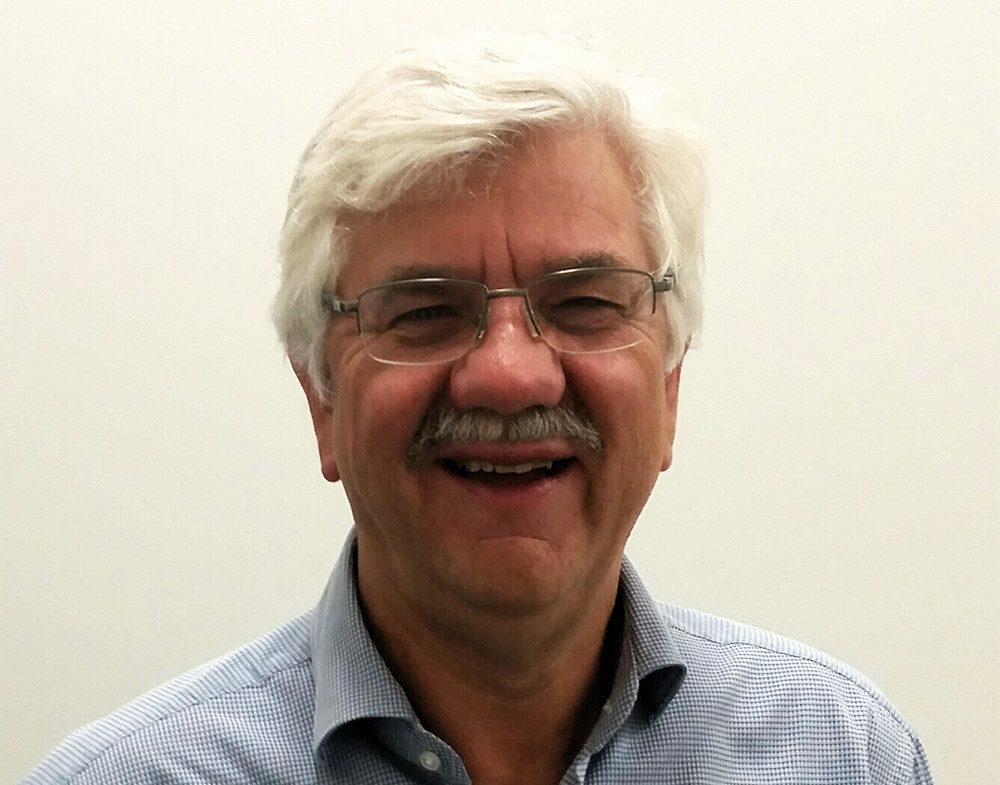He was the driving force in transforming a small country hospital into a tertiary teaching facility.
This week, Associate Professor David Langton, director of Thoracic and Sleep Medicine at Peninsula Health, was recognised with one of Australia’s most prestigious honours – a Medal of the Order of Australia (OAM) – for his contribution to thoracic and sleep medicine.

Associate Professor David Langton, director of Thoracic and Sleep Medicine at Peninsula Health
A keen sailor and father-of-three, Professor Langton was raised in Sydney and then Melbourne, and developed an interest in medicine at an early age.
After completing a medical degree at Monash University, he went on to specialise in intensive care and respiratory medicine, attracted “by the blend of clinical conditions and strong emphasis on physiology and pharmacology”.
In 1988 his career led him to Frankston, on the outskirts of Melbourne, a sleepy suburb undergoing rapid transformation with a swelling population with complex, and unmet, needs.
The hospital, too, was struggling to keep up with the pace of growth.
Professor Langton became Frankston Hospital’s first full-time clinician, tasked with developing an ICU.
“I was attracted to the idea of progressively developing key clinical services and I think that’s what I have achieved,” he says.
Completing a stint as director of medicine he went on to develop a respiratory unit and sleep laboratory in 1995, one of the first labs of its kind in the country.
“I could see this was going to be an emerging and important area. There weren’t any sleep medicine specialists back then, we were just respiratory physicians who started to take an interest in sleep because of (the rapid increase in) sleep apnoea, so we had to train ourselves up.”
The lab was originally based in a hospital ward, with limited capacity for a few studies a week.
Since then obstructive sleep apnoea has reached epidemic proportions, and the sleep lab is now a purpose-built seven-bed facility featuring soundproof rooms, double beds and en-suites.
This epidemic – and the shortage of physicians to treat it – he names as the biggest challenge facing the specialty today.
“We could spend our whole week 52 weeks a year seeing people with sleep problems and we still wouldn’t meet the demand.
“Therefore, a different model of thinking needs to happen where more and more sleep problems are dealt with by GPs.
“The corollary is you wouldn’t expect everyone with hypertension to see a cardiologist.”
A related issue is the “intrusion of commercial interests” into the sleep medicine space by those who can profit from selling sleep studies and CPAP machines used to treat the condition.
“It’s possible to do a sleep test and be put on a CPAP machine with almost no interaction from a doctor at all and it’s well recognised that there has been commercial intrusion into the area of sleep study and normal physician decision making has been bypassed in some instances,” he says.
“Fortunately, we haven’t seen that happen in respiratory medicine, it has been protected, because its more complicated and requires more physician-led input.”
While he’s proud of the specialist units at Frankston, he’s not planning to rest on his laurels with plans afoot to keep growing and diversifying.
“We’ve got visions of setting up a transplant clinic in conjunction with the Alfred and we have just established a severe asthma clinic,” he says.
There is also clinical research to be done, including ongoing clinical trials of bronchial thermoplasty, a new but controversial surgical procedure to treat severe asthma which he says is showing great promise.
He says he found receiving the OAM a little “embarrassing”.
“I am just one of many health professionals who equally could have been nominated.”
At the same time, it was a great honour to receive the recognition, he says.
“I’m chuffed at how many people have (congratulated) me.”
Professor Langton was the only respiratory medicine physician to be recognised in this year’s Queen’s Birthday Honours list for Australia on Monday.
Meanwhile, Professor Phillipa Gander, director of the Sleep/Wake Research Centre at Massey University in New Zealand, was made an Officer of the NZ Order of Merit in the Queen’s Birthday Honours 2017, in recognition of her services to the study of sleep and fatigue.